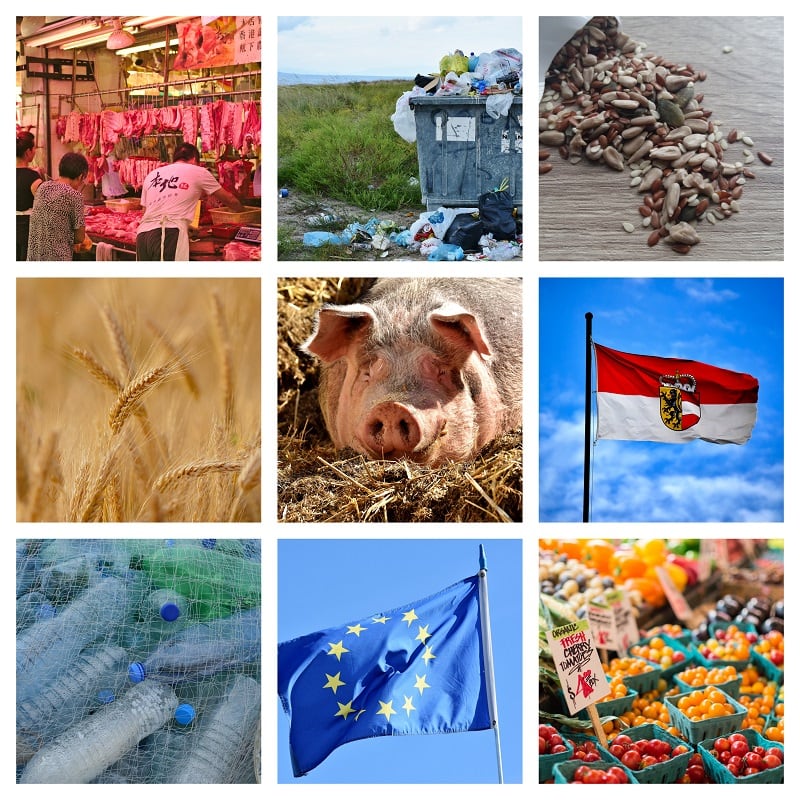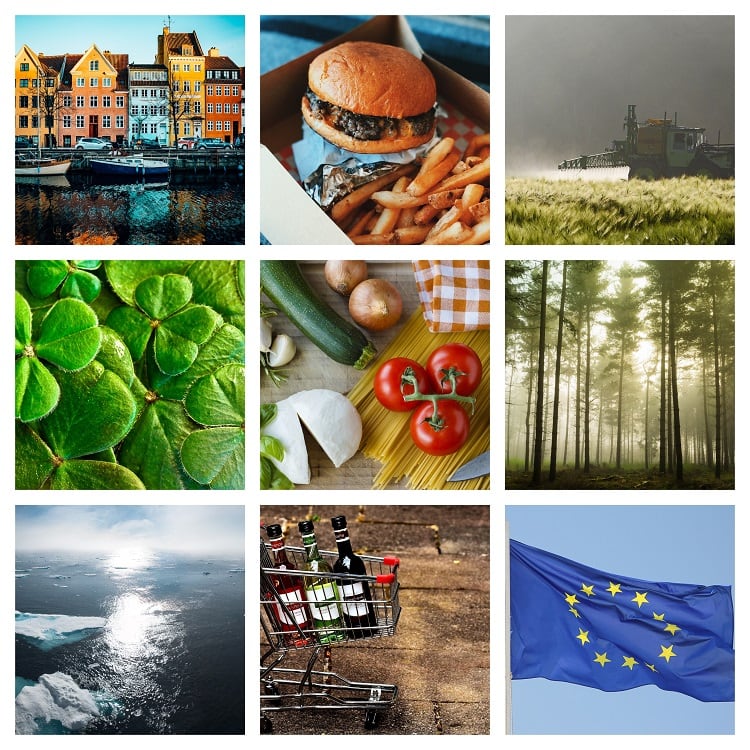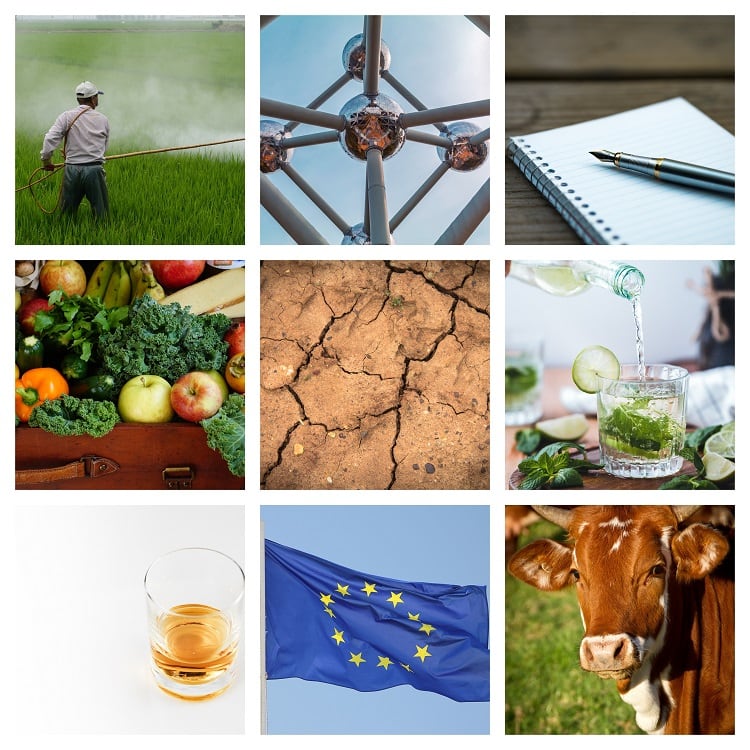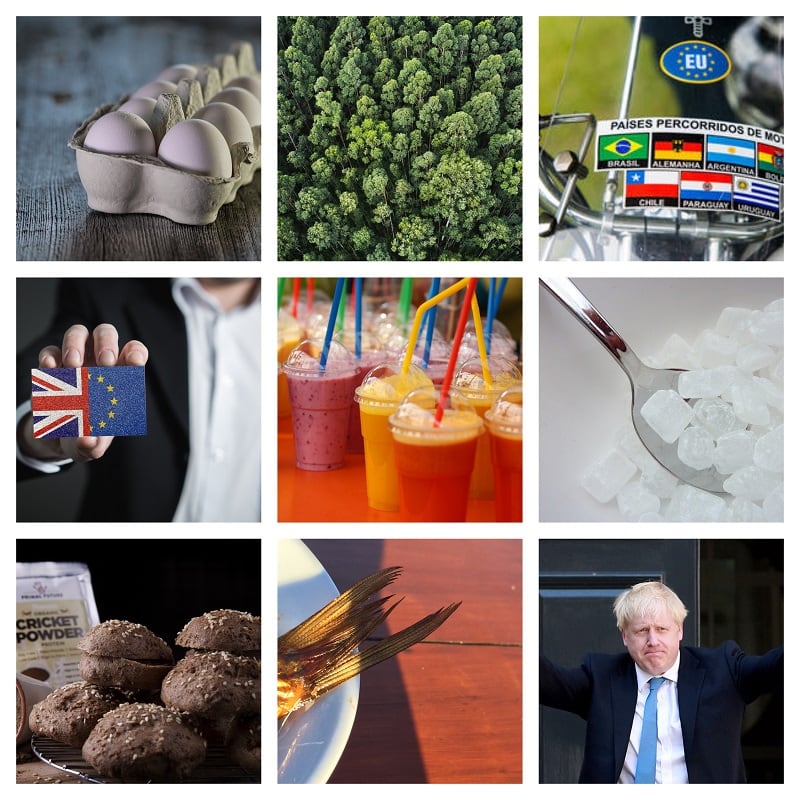European food and drink industry joins forces to tackle plastic pollution
Industry body FoodDrinkEurope will sign a declaration today (20 September) aimed at ensuring that 10 million tonnes of recycled plastics find their way into new products by 2025.
The Circular Plastics Alliance’s Declaration will be signed by almost 100 actors of the plastics value chain, including Member States, national authorities, companies and sector associations. FoodDrinkEurope member companies and European sector associations will also sign the declaration, making the food and drink sector the biggest supporter of this initiative.
FoodDrinkEurope said the CPA Declaration is ‘a natural step towards our main objective to ensure the use of more sustainable packaging for food and drink products and support the transition to a circular economy’.
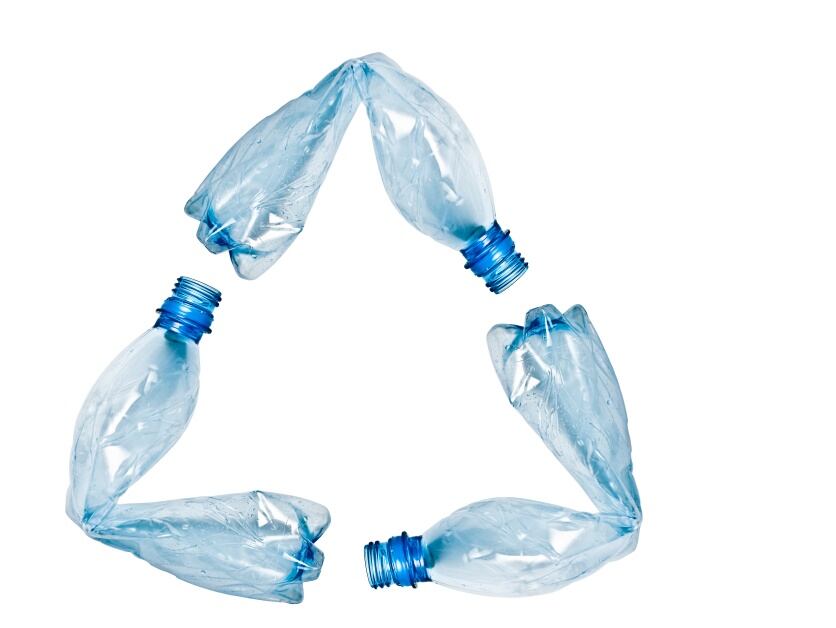
Mella Frewen, FoodDrinkEurope Director General, said: “While our members have been making efforts to reduce the use of plastics in food and drink packaging and explore more sustainable alternative materials, they are also willing to use resources more efficiently, in particular by increasing the use of recycled plastic materials. The Circular Plastics Alliance will help achieve this goal by contributing to improve collection, sorting and recycling schemes throughout the EU and ensure that the quality of recycled plastics is high to allow their safe use in food contact materials.”
“The greatest strength of the Declaration is to bring together, for the first time, the entire plastics value chain to work towards building a European circular economy and further tackling plastic pollution,” Frewen added. “We therefore call on the European Commission to play a leading role in the CPA, by encouraging the involvement of all stakeholders throughout the value chain, including Member States and civil society organisations, and ensuring synergies and coherence among the various European and global initiatives, towards the common goal.”
EC publishes annual food safety report
The European Commission has published its annual report on the Rapid Alert System for Food and Feed (RASFF).
The 2018 report on the use of the Rapid Alert System for Food and Feed shows that a total of 3699 notifications of food or feed risks were reported by the Member States to the European Commission last year. Of these, 1118 were classified as ‘alert', indicating a serious health risk for which swift action was required by food operators or authorities.
Aflatoxins in nuts and mercury in swordfish were the two most frequently reported issues in food checked at the EU border and on the EU market. As in previous years, only a small percentage of the notifications in 2018 related to feed (9%) and food contact materials (4%). Also in 2018, a significant number of notifications related to a multi-country foodborne outbreak of Listeria monocytogenes linked to frozen corn. The RASFF was instrumental for tracing and removing the affected products from the market.
Commissioner Vytenis Andriukaitis, in charge of the Health and Food Safety said: "2019 marks the 40th anniversary of the RASFF which is recognised across the board, within, and outside the EU, as a crucial tool to ensure that food placed on the market in the EU is safe. Traceability of food and, if need be, a swift removal of goods from the market are commitments we have towards consumers. The increased activity of the RASFF network as shown by this year's report is a confirmation of the enhanced cooperation by food operators and Member States' authorities, which constitutes a positive message for consumers.”
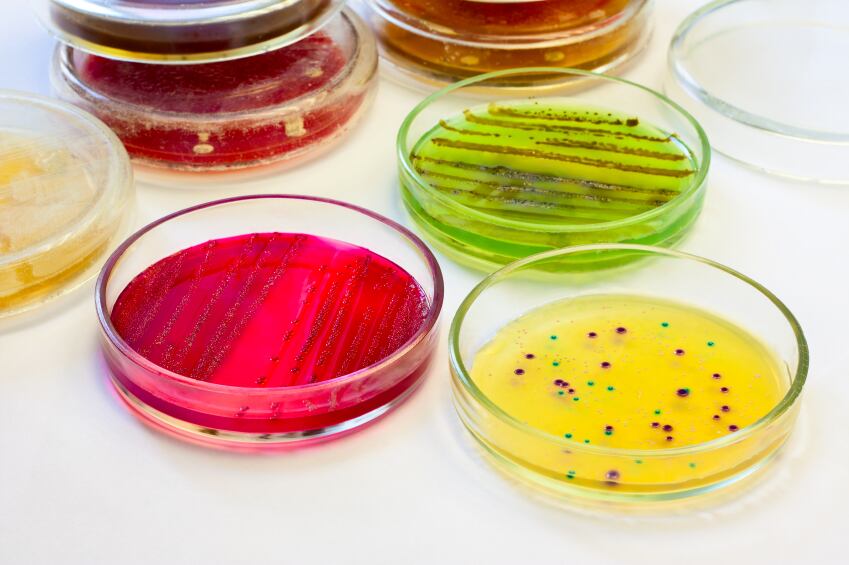
European Commission publishes market briefing on global food supply and demand
A European Commission report on the global food supply points out that income growth and changes in consumer preferences over the past two decades has meant that food consumption is growing at a faster pace than world population.
These developments have resulted in a consumption increase of products of higher value (such as meat and dairy products) in emerging economies, the report said. In parallel, rising societal and environmental concerns in developed economies have influenced consumer preferences, leading to lower red meat consumption for example.
The EU is the second largest global user of wheat, according to the report, with around 250 kg per capita, after the Black Sea region. EU consumption has been growing steadily over time, driven mainly by the development of the livestock sector due to the use of wheat in animal feed. Four regions supply the world with wheat: the EU, the Black Sea region, North America and Oceania. The EU is a major wheat exporter, trading up to 20% of its use.
Meanwhile, The EU is the main destination market for soya meals, representing 30% of world trade. However, EU import needs are declining by using alternative sources such as cereals and more recently pulses.
The EU is also by far the largest consumer of pig meat, as its preferred meat, with a consumption above 40 kg per capita. It is followed by North America at below 30kg per capita. Pork is also the favoured meat in Asia, where it should reach 15 kg per capita by 2020. Less than 8% of global production is traded, with more than 80% of exports originating from North America and the EU. Both regions have had a slight decrease of consumption, together with higher production, leading to an increase of surplus. The latter reached 30% of use in North America and 12 % in the EU.
European Parliament says traditional plant breeding should not be patented
The European Parliament has voted against patenting fruit, vegetables or seeds obtained from conventional breeding processes.
It called on the EU Commission to do its utmost to convince the European Patent Office (EPO) not to grant patents to products obtained from essentially biological processes.
MEPs said that patent-free access to biological plant material is essential to boost innovation and competitiveness of the European plant-breeding and farming sectors, in order to develop new varieties, improve food security and tackle climate change.
Furthermore, many MEPs said that access to genetic resources must not be restricted, as this could lead to a situation where a few multinational companies have a monopoly on plant breeding material, to the detriment of EU farmers and consumers.
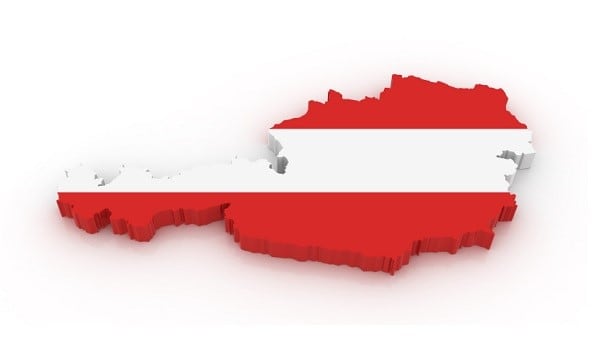
Austria MPs vote to veto EU-Mercosur trade deal
MPs in Austria are demanding a government veto on the EU's landmark trade deal with South America's economic bloc, reports the BBC.
The draft free trade agreement took 20 years to complete and the EU has described it as its biggest so far. All but one of Austria's main parties rejected the deal, which they say needs to do more to tackle environment issues.
France and Ireland have also warned they will reject the deal if Brazil does not do more to curb fires in the Amazon rainforest. The Mercosur deal cannot go through without backing from every government in the EU.


